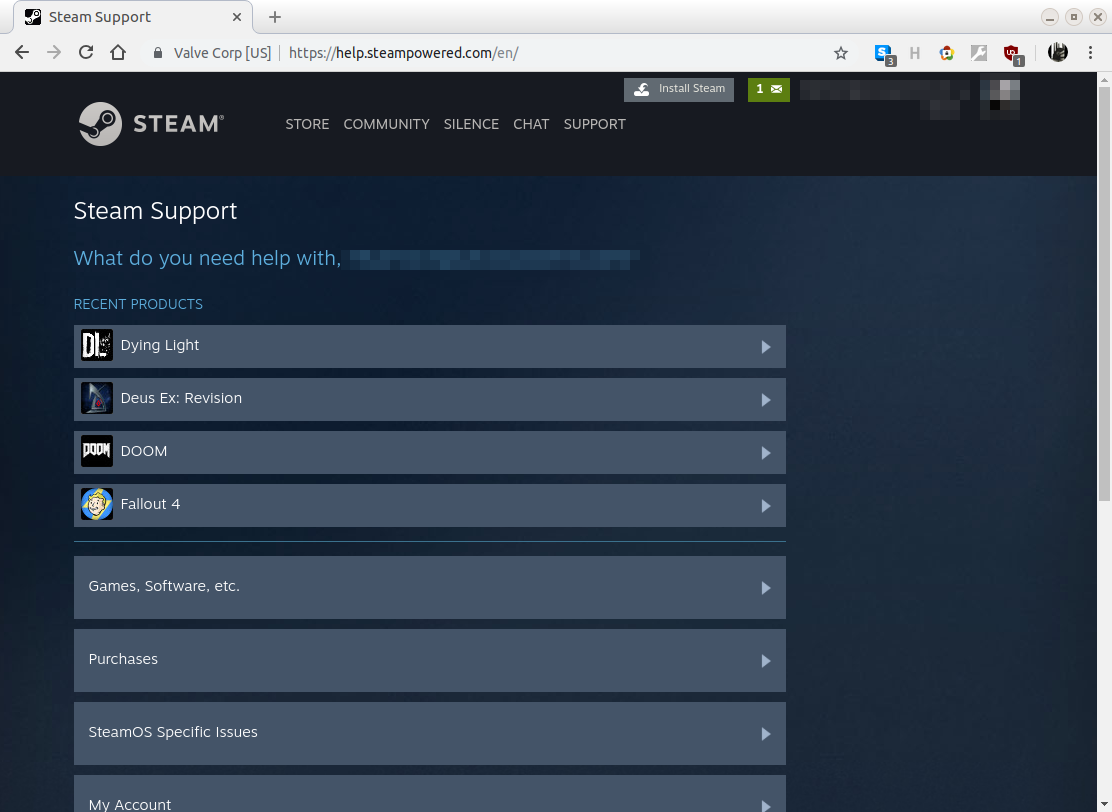- Joined
- Mar 3, 2018
- Messages
- 1,713
Epic Games seems to have kicked off an arms race between PC game storefronts. When Epic announced the store, they told the public that developers would get 88% of all sales revenue, as opposed to the 70% cut developers and publishers get on Steam. Valve quickly lowered the rates for large-volume titles, and now Discord's relatively new store has an even lower 90/10 revenue split. This isn't quite as low as the mere 5% cut RobotCache promised to take, but the other caveats of that blockchain-based distribution platform are still a mystery.
So, we asked ourselves a few more questions. Why does it cost 30% to distribute games? Is this the only reason developers are building their own stores and launchers to distribute games? Turns out, it does not cost 30% to distribute games in 2018. After doing some research, we discovered that we can build amazing developer tools, run them, and give developers the majority of the revenue share.
All this reminds me of the stock trading fee war brokerage firms have been waging for a few years.
So, we asked ourselves a few more questions. Why does it cost 30% to distribute games? Is this the only reason developers are building their own stores and launchers to distribute games? Turns out, it does not cost 30% to distribute games in 2018. After doing some research, we discovered that we can build amazing developer tools, run them, and give developers the majority of the revenue share.
All this reminds me of the stock trading fee war brokerage firms have been waging for a few years.
![[H]ard|Forum](/styles/hardforum/xenforo/logo_dark.png)
